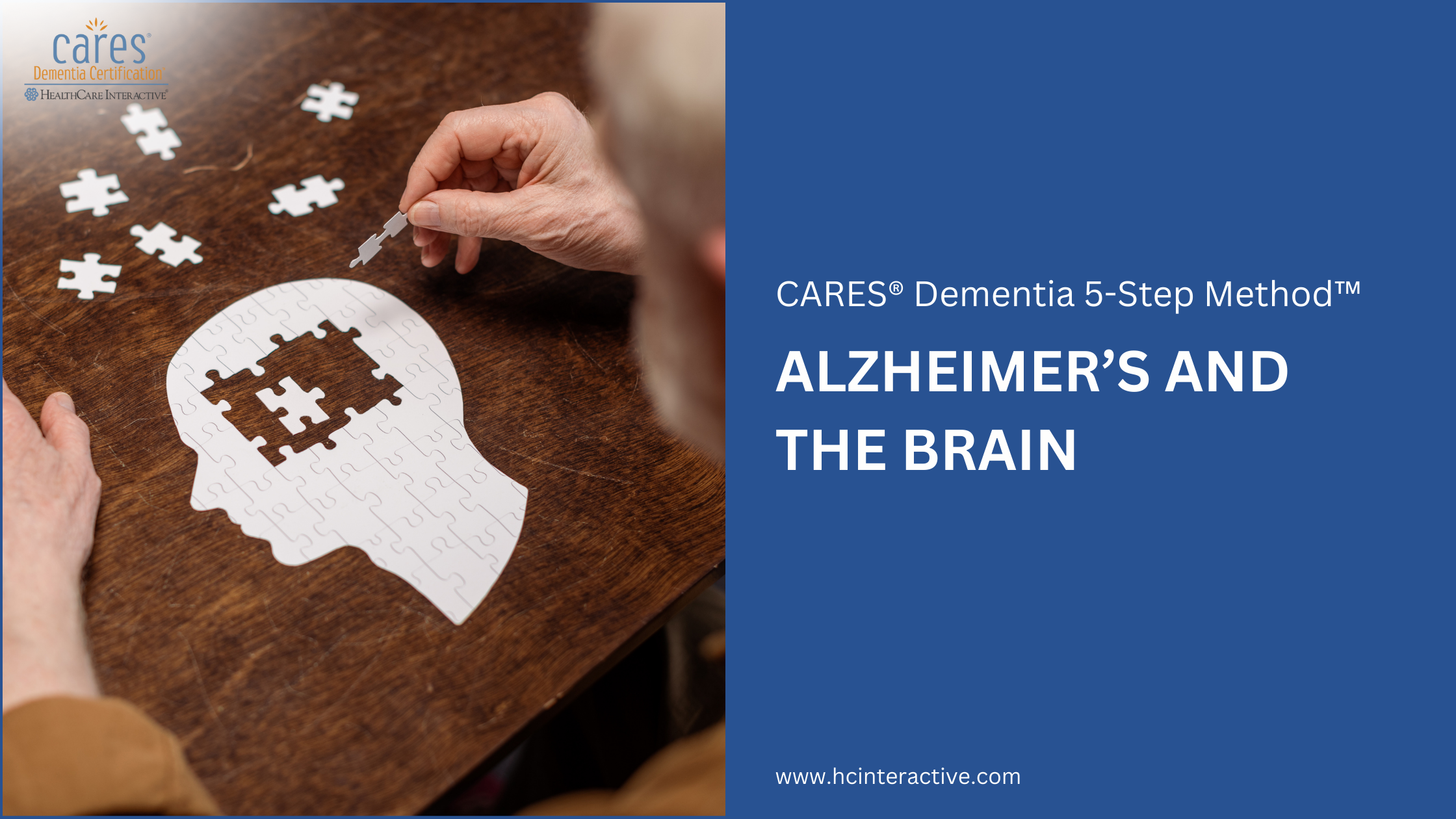Alzheimer’s disease is commonly described in three stages- early, middle, and late. The symptoms vary depending on the stage, and not everyone experiences the same symptoms or progresses through the stages in the same way. Each stage includes a range of possible characteristics.
The Stages of Alzheimer’s and How to Handle Them
Normal Thinking – No Symptoms:
The term “Normal Thinking” is used to describe individuals who do not have Alzheimer’s disease or another form of dementia. These individuals are capable of living independently and managing their own care. It is normal for people to forget things occasionally and then recall them later, as this is a natural part of aging. Similarly, changes in physical abilities are also a normal aspect of getting older. In general, someone with normal thinking does not exhibit consistent signs or symptoms of dementia. It is important to note that Alzheimer’s disease is not a typical part of the aging process, and unlike the Stages of Alzheimer’s, which represent a gradual decline in cognitive function, normal aging does not lead to such significant memory loss or impairment.
Early Stage – Mild Symptoms
People in the early stage of Alzheimer can usually live independently and handle most daily activities. However, in the beginning stages of Alzheimer, they may need help to stay safe and maintain independence. They might struggle with remembering names, finding words, managing money, paying bills, and learning new things. Offering support can assist them in completing tasks, maintaining routines, and staying organized.
In the early stage of Alzheimer’s disease symptoms are mild. The key for you is to provide support in the person’s daily routine. Written notes can be useful.
Middle Stage – moderate symptoms
The middle stage of Alzheimer’s is the longest Alzheimer stage, often lasting for several years and requiring more care as it progresses. It often becomes unsafe for the person to drive. Behavioral and communication changes occur, with difficulty expressing needs, emotions, and completing complex tasks. Confusion about time and place becomes more frequent during this stage.
During the middle stage, it’s important to be patient as the person’s thinking changes. They may mix up identities, repeat stories, struggle with tasks, or need help choosing clothing. Behavioral changes, like fidgeting or kicking, may occur. They might nap often, wake up at night, or have trouble with bladder control.
Late Stage – Severe symptoms
In the late stage of Alzheimer’s disease, most individuals require full-time, around-the-clock assistance with daily personal care. Their physical abilities decline significantly, including walking, sitting, and eventually swallowing. At this stage, they are unable to understand goals, maintain focus, or complete tasks involving multiple steps on their own. Nonverbal communication becomes particularly important during this time.
In the late stage of Alzheimer’s, symptoms are severe. It’s important to reduce chaos by being mindful of noise and activity levels. Even if the person no longer understands words, they will still respond to your tone and body language. Ensure they feel safe and comfortable. You may notice that the person:
• Does not recognize themselves or close family
• Refuses to eat, chokes, or forgets to swallow
• Loses control of bowel and bladder
• Appears uncomfortable or cries out when moved or touched
• Sleeps more
• Needs full assistance with daily activities
Tests and Evaluations for Dementia
There are many medical tests to see if you have conditions like strep throat or the flu. Similarly, there are also many tests to help diagnose dementia. These tests include:
Cognitive Tests: These tests evaluate things like memory, language, special skills, and math skills.
Laboratory Tests: These tests evaluate things like blood levels, vitamin levels, and hormones.
Brain Scans: These tests evaluate things like previous strokes, tumors, and brain activity.
Psychiatric Tests: These tests evaluate things like depression or serious mental illnesses.
Genetic Tests: These tests evaluate whether a person is at risk for dementia because of family history.
The most common form of dementia is Alzheimer’s disease. But, a full medical and cognitive evaluation can help rule out other forms of dementia, conditions, and factors.
Take advantage of this special opportunity to enhance your expertise with our exclusive promotion:
BUY 1 CARES Certification and GET 1 FREE!
Apply promo code FreeCertPromo at checkout to redeem this offer.
Experience a complimentary preview by visiting: www.hcinteractive.com/5StepDemo
Get started now!! This offer is available for a limited time only!




